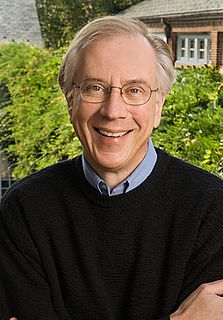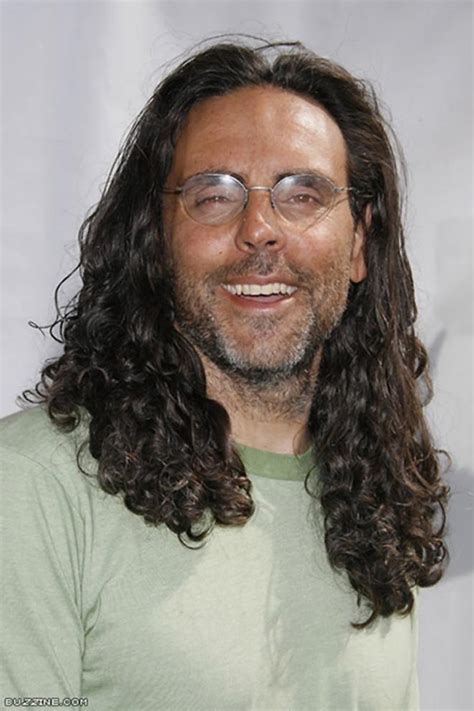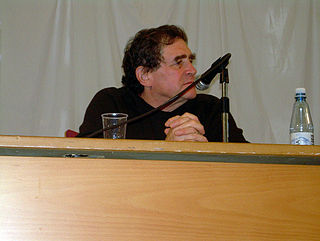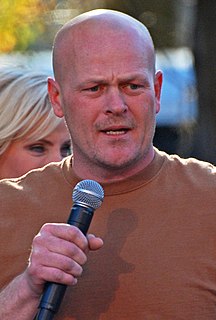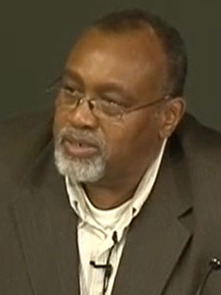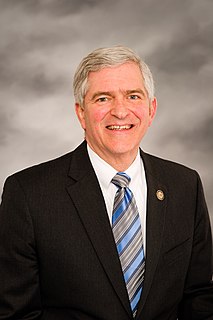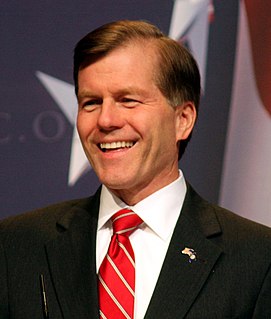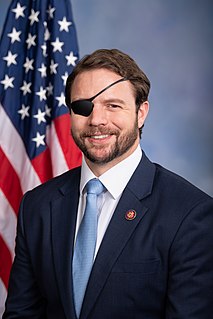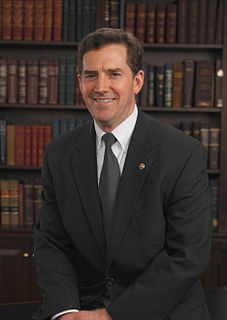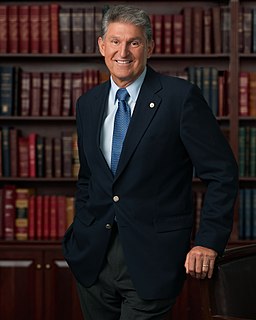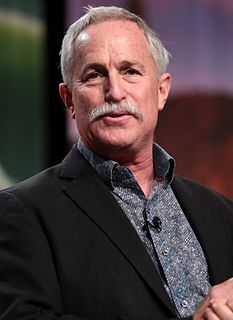Top 1200 Environmental Policy Quotes & Sayings - Page 20
Explore popular Environmental Policy quotes.
Last updated on April 22, 2025.
Three strikes' laws make no sense as policy. They are more about the politicians responding to the people's desire to see their fury at social dysfunction reflected in the law. Our sentences are way too long. We need to look at the war on drugs, which is to say we need to look and this is easier said than done. Once again, politically, not an easy lift at all. Nevertheless, our policy is self-defeating. We're not keeping people from using the substances. We're creating a huge black market, just like we did under prohibition, which attracts all kinds of criminal enterprise.
Earlier the world was bi polar. Foreign policy would be centered around two super powers. India was a little late in realizing that this bi polar situation was for namesake. Now the entire world, in changed circumstances, especially in 21st century, it is more interdependent and inter connected, earlier, the foreign policy was possible between governments, but today it is not possible just between governments. Government relations are important but increasing people to people contact is equally important. There's been a shift in paradigm.
What we can do is to shape how that process of global integration proceeds, so that it's increasing opportunity for ordinary people, so that it's creating better jobs, so that we are strengthening protections for workers, so that we are addressing some of the environmental challenges that come with rapid growth.
I believe it is in the national interest that government stand side-by-side with people of faith who work to change lives for the better. I understand in the past, some in government have said government cannot stand side-by-side with people of faith. Let me put it more bluntly, government can't spend money on religious programs simply because there's a rabbi on the board, cross on the wall, or a crescent on the door. I viewed this as not only bad social policy - because policy by-passed the great works of compassion and healing that take place - I viewed it as discrimination.






